Fake sugar and your health.
Are you wreaking havoc on your microbiome with sugar substitutes?
Today, I want to discuss a topic that has been the subject of much debate in the health and wellness community.
I’ll focus on the use of sugar substitutes and their potential impact on our gut microbiome.
I wouldn’t say I like the idea of adding sugar to my diet.
Naturally, I wonder whether sugar substitutes—such as saccharin, sucralose, erythritol, and more—might harm (or help) my gut microbiome.
What I write today will surprise you.
Because I am going to offer a sugar substitute that does not harm your microbiome.
However, it’s important to note that not all sugar substitutes are created equal, and some may have potential health risks that we need to be aware of.
A Quick Quiz – Fake Sugar and Your Health
Can you guess which one of these substances does not harm the microbiome but has been tainted by a recent small study linking it to blood clots?
- saccharine
- erythritol
- sucralose
- aspartame

Did you guess erythritol? If yes, that’s spot on.
Before we turn to sugar substitutes and their effects on your gut, I should briefly explain the microbiome.
The Microbiome
Your microbiome is a community of microorganisms, including the following:
- bacteria
- viruses
- fungi
In humans, the microbiome is the microorganisms residing in a particular body part, such as the skin, gut, vagina, or mouth.
The microorganism communities are dynamic.
They can evolve in response to environmental factors such as what we eat, physical activity, medicines, etc.
Sugar, the Gut, and Obesity: Revealing Findings You Should Know About
DIETARY SUGAR ALTERS THE GUT MICROBIOME, triggering events that can lead to metabolic disease, pre-diabetes, and weight…medium.com
The Gut Microbiome
Your gut microbiome is like a bustling city, with trillions of microorganisms working together.
When we consume sugar substitutes, it’s like introducing new residents to the city.
Some new residents might cause disruptions and upset the balance, while others might coexist peacefully.
Understanding how these new residents interact with the existing ones can give us a clearer picture of the potential impact on our gut health.
It’s like inviting new neighbors to your community — some might contribute positively, while others might stir up trouble.
Good Microbes, Bad Microbes
Anyone who has ever suffered from food poisoning knows there can be “bad” microbes.
But did you know that there are “good” microbes?
Do these commensal microbes in our gut promote digestion?
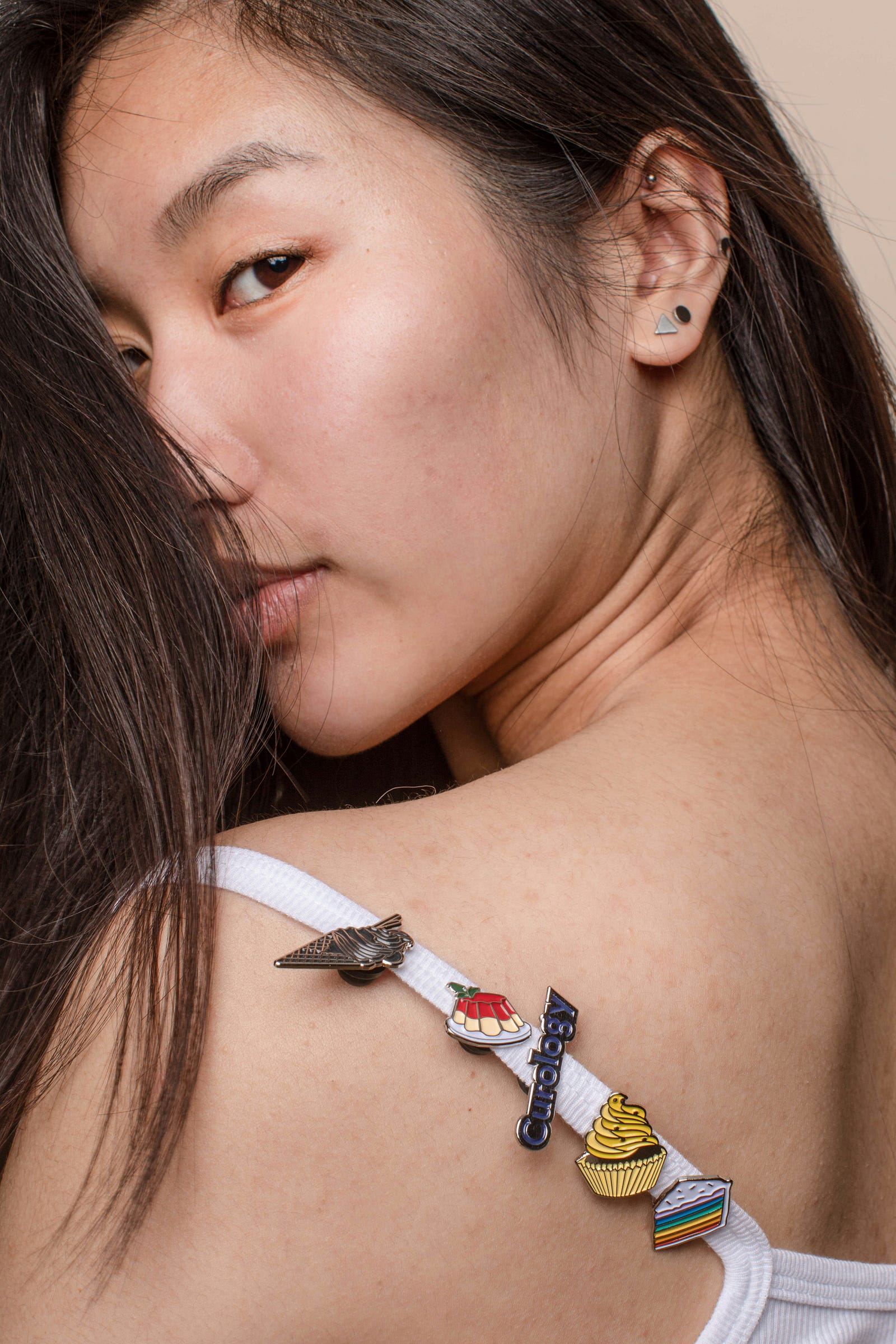
Or that microorganisms on our skin help break down lipids to create natural moisturizers?
If you want to learn more, try this source:
The Microbiome
nutritionsource.hsph.harvard.edu
Let’s turn to sugar substitutes.
Sugar Substitutes
Every week, at least one of my new patients explains to me how their sugar intake probably caused their cancer.
And then I hear about the benefits of a sugar-free diet.
Today, I won’t discuss the relative merits of reducing your sugar intake; rather, I’ll jump right to sugar substitutes.
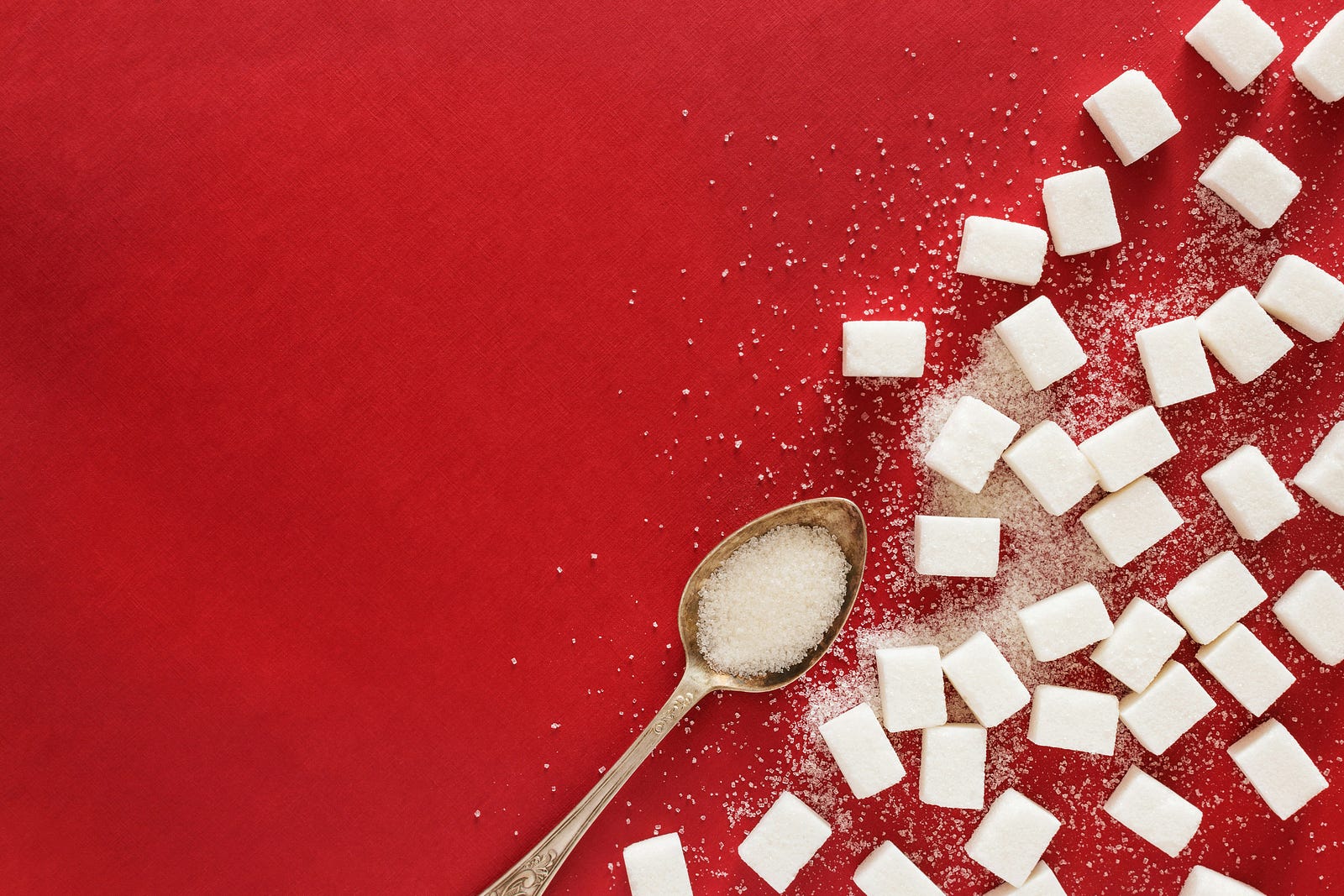
What are these sweet sugar alternatives?
Alternative sweeteners come free of calories and sugar.
Perfect, right?
Hold on.
Sugar substitutes lack beneficial nutrients, including fiber, vitamins, minerals, and antioxidants.
Available Sugar Substitutes
The U.S. Food and Drug Administration has approved several sugar substitutes:
- Acesulfame potassium (Ace-K)
- Advantame
- Aspartame. I should mention that individuals with the rare genetic disorder phenylketonuria (PKU) should avoid aspartame.
- Neotame
- Saccharin
- Sucralose
Natural Sweeteners
Besides sugar, natural sweeteners include the following:
- Allulose
- Monk fruit
- Stevia
- Tagatose

Stevia and monk fruit are naturally derived from plants.
To me, they have a flavor similar to regular sugar.
The U.S. Food and Drug Administration considers these natural sweeteners “generally safe.”
Erythritol May Help The Microbiome
I was excited to learn that erythritol — naturally occurring in many fruits and some fermented foods — has no known effect on the microbiome.
Erythritol is commonly used in Japan.
You may find it in chewing gum, candies, or sodas.
The substance is 60 to 70 percent as sweet as table sugar.
Erythritol has some positive properties:
- no calories
- does not cause tooth decay
- doesn’t affect blood sugar
Finally, this non-fermentable sugar substitute has no known effect on the gut microbiome.
Erythritol can offer health benefits. It can improve glucose tolerance and decrease rates of obesity and intestinal inflammation.
These findings suggest that erythritol can be a part of a healthy diet with careful moderation.
But Erythritol Comes With A Price
High circulating levels of erythritol can contribute to increased rates of heart attack and stroke by promoting platelet aggregation and blood clot development.
I am now thinking twice about erythritol, especially given my father died at 85 of cardiovascular disease.
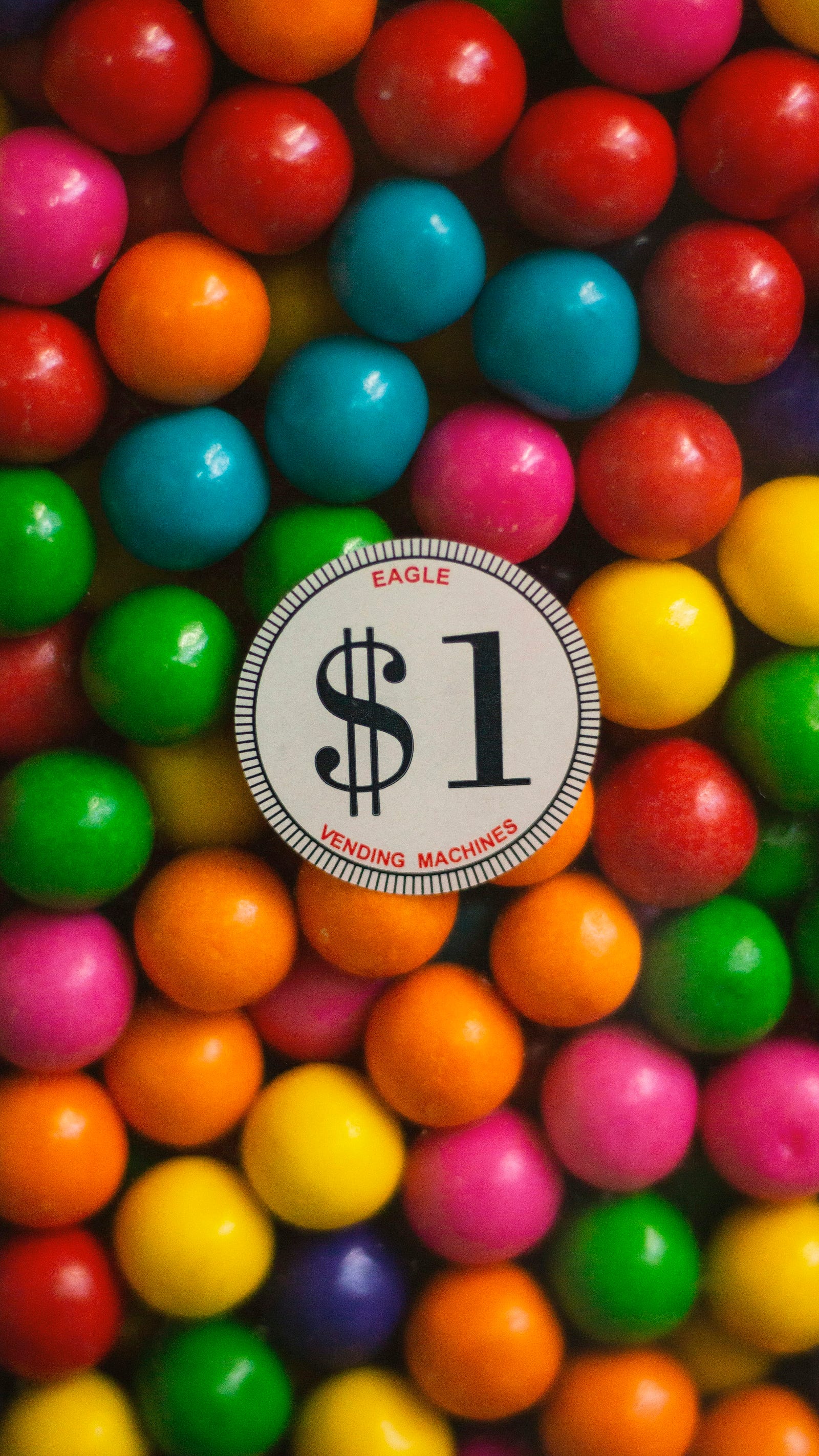
Food labels in the U.S. are not required to list erythritol as an ingredient, but you can look for these hints that it might be in the food:
- Contains sugar alcohol
- Keto-safe
- Diabetes-safe
- No sugar
- Low sugar
- Artificially sweetened
- Naturally sweetened
- Sweetened with natural compounds
- Low calorie
- No calories
Erythritol Alternatives
I increasingly focus on consuming whole foods.
Natural
Not packaged.
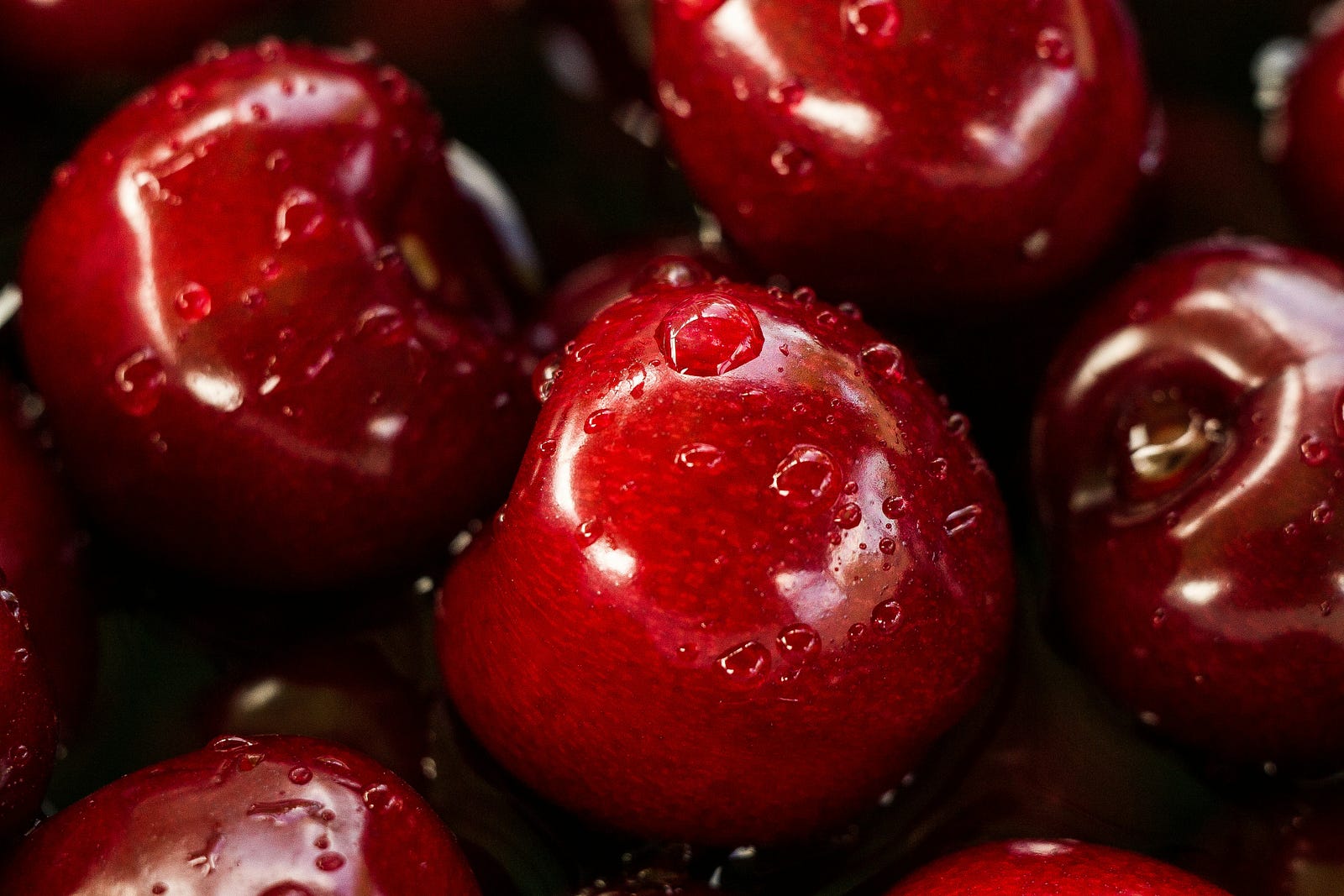
Fresh fruits and vegetables.
Okay, I am great with fruits and am working on veggies.
It’s all about finding a balance that works for you and your body.
When I want a hint of sweetness, I turn to honey or very small amounts of table sugar.
Other Substitute Sweeteners and Your Microbiome
Sucralose is more commonly known as Splenda.
I recently found a study showing this:
Non-caloric artificial sweeteners, including saccharin and sucralose, contributed to intestinal microbe imbalance and poor blood sugar control.
I am concerned, as many use products with sucralose to drop their sugar intake (and improve blood sugar).
Should I be concerned?
You may counter that the study I cited was in mice. And you would be correct.
And Saccharin?
I have concerns about saccharin use and its effect on the microbiome and gut health.
Commercially available as Sweet’N Low, we previously saw saccharin caused bladder cancer in rats.
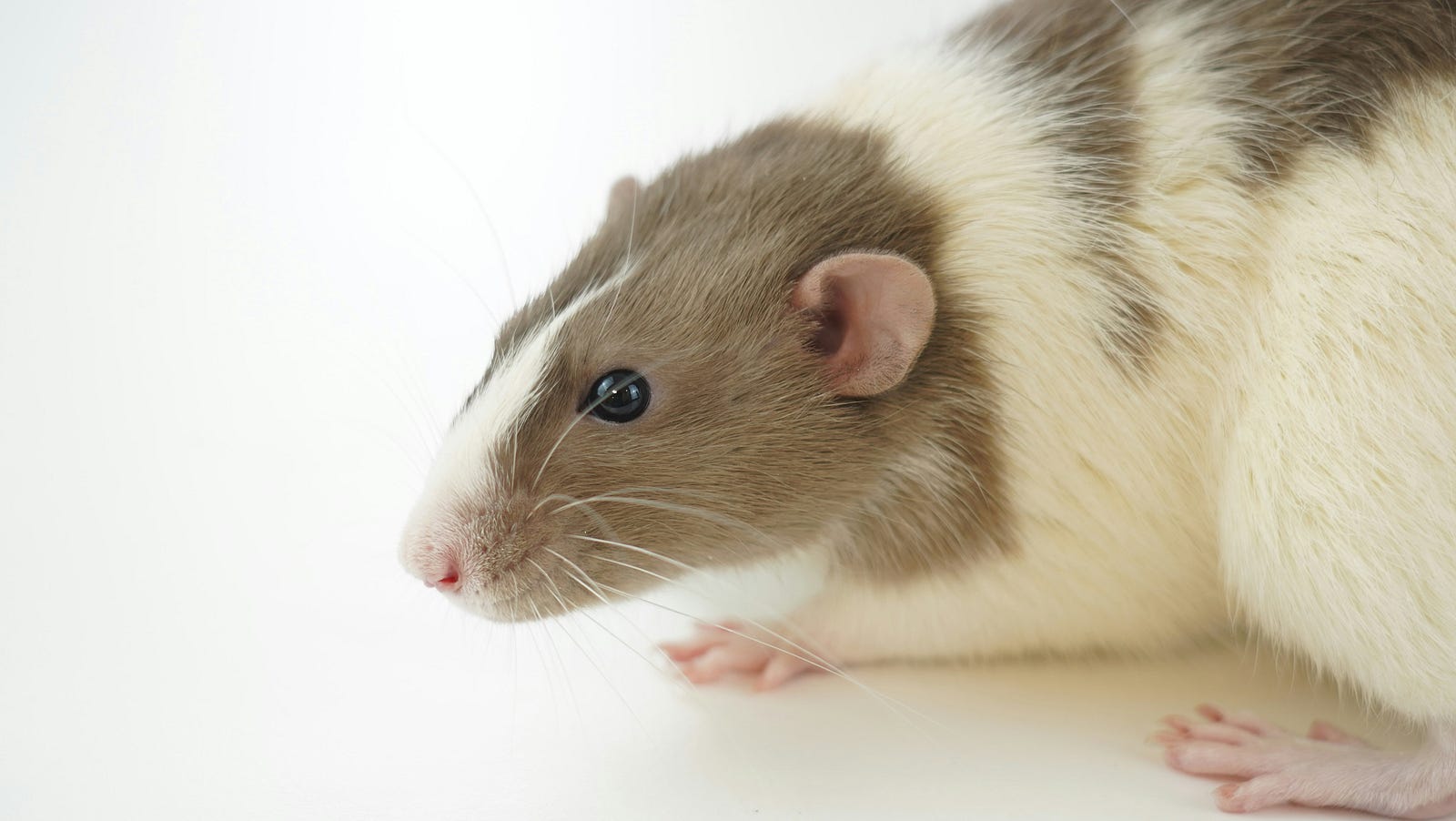
Fortunately, human studies did not show the cancer connection, reminding us of the perils of solely forming opinions based on animal studies.
Still, saccharin consumption is linked to gut microbiota changes and the intestinal lining’s poor response.
My Story – Fake Sugar and Your Health
My patients often see health improvements through weight loss (admittedly challenging), blood sugar control, and limiting sugar (and sugar substitutes).
When I limited my sugar, my taste slowly evolved.
My sweetness perception changed dramatically.
I am not alone in this observation: A study in The American Journal of Clinical Nutrition discovered this:
Subjects who decreased their intake of simple sugars by 40 percent found the taste of sucrose-sweetened foods to be overwhelming.
Within two months, the volunteers preferred the flavor of lower sucrose options.
Slowly dropping my sugar intake over a couple of months proved life-altering.

Rather than turning to sugar substitutes, I changed my taste and now consume little added sugar.
I struggle with many sugary American desserts, preferring Japan’s far less sweet treats (hopefully without erythritol!).
Hopefully, this change will help me dodge pre-diabetes and metabolic syndrome and not wreak havoc on my gut microbiome.
A Quick Quiz – Fake Sugar and Your Health
Can you guess which one of these substances does not harm the microbiome but has been tainted by a recent small study linking it to blood clots? Did you guess ERYTHRITOL? Bravo.
- saccharine
- erythritol
- sucralose
- aspartame
Get an email whenever Dr. Michael Hunter publishes.
drmichaelhunter.medium.com
Thank you for reading “Fake Sugar and Your Health.”




